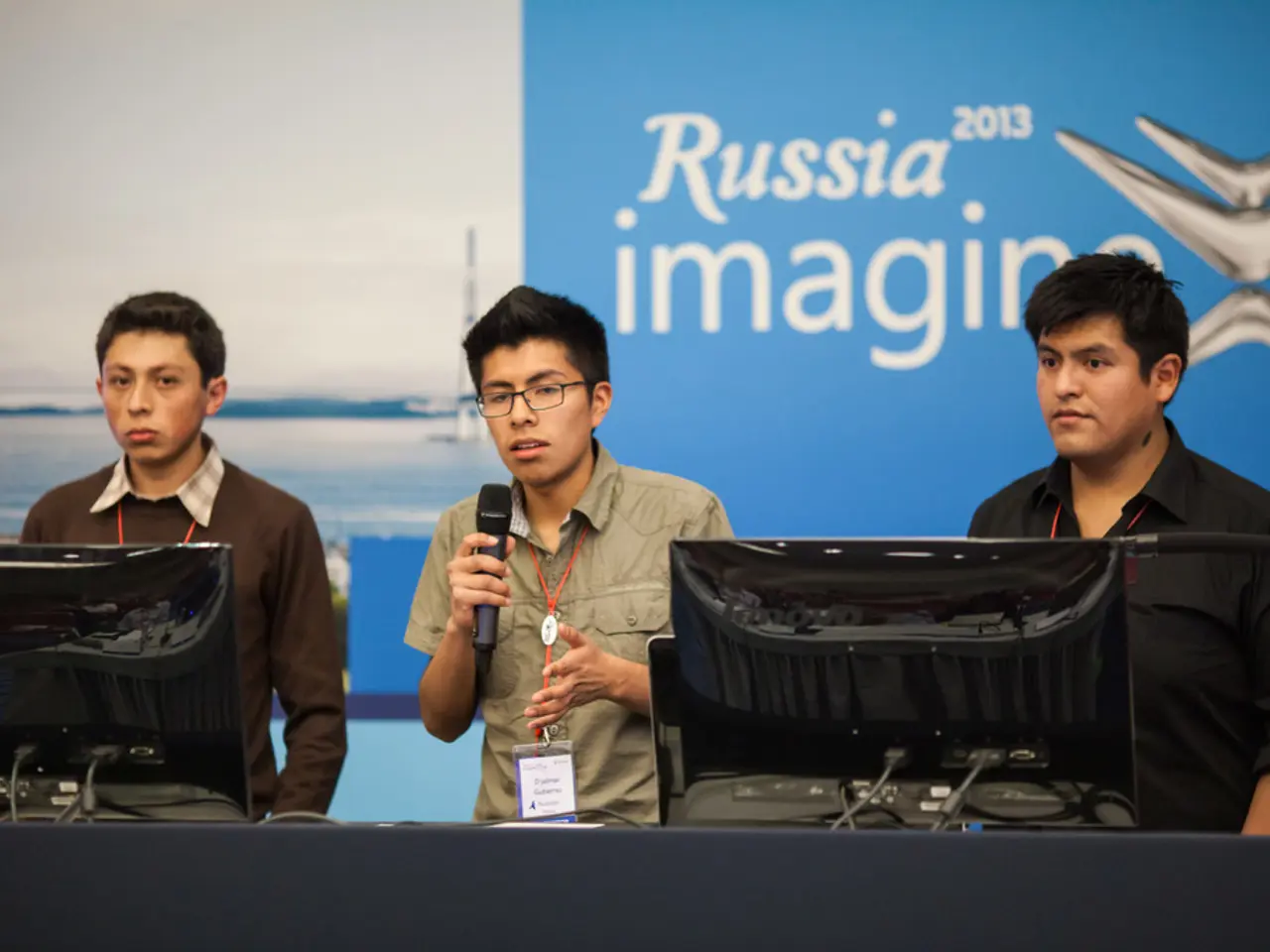NITDA Collaborates with Bauchi State to Unveil Digital Literacy and Expertise Development Plan
The National Information Technology Development Agency (NITDA) and the Bauchi State Government have joined forces to launch a Digital Literacy and Skills Framework on August 13, 2025. This initiative aims to improve digital literacy and prepare citizens for the global digital economy.
The program is designed to align training programs with the state's specific needs while leveraging NITDA's national initiatives and resources. The framework focuses on embedding digital skills into the formal education system from kindergarten to tertiary level, involving collaboration with the Federal Ministry of Education and the National Universities Commission to include digital literacy in university general studies curricula.
Since its launch, the Digital Literacy and Skills Framework has made significant strides. As of August 2025, over 350,000 individuals in Northern Nigeria have been trained through initiatives such as the Digital Literacy for All campaign and the 3 Million Technical Talent (3MTT) programme.
Bauchi State Governor, Bala Mohammed, declared digital literacy a "fundamental right" at the launch event, which brought together various stakeholders from academia, the public sector, and the private sector to foster partnerships for digital skills development nationwide.
Progress includes working closely with educational authorities to institutionalize digital literacy across all levels of schooling. The deployment of solar-powered infrastructure, tablets for teachers, and AI-driven learning platforms under broader digital education reforms to modernize learning and improve access is also part of the framework's advancements.
The national target aims for 70% digital literacy by 2027 and 95% by 2030. These goals are supported by multi-sector partnerships, including private sector contributions such as Meta and international donors funding university digital transformation projects.
Dr. Ayodeji Eniola, representing the Director-General of NITDA, Kashifu Inuwa Abdullahi, emphasized NITDA's commitment to achieving these targets. The Director-General reiterated NITDA's commitment to achieving a national digital literacy rate of 70% by 2027 and 95% by 2030.
In summary, the Digital Literacy and Skills Framework is advancing steadily with extensive training programs, infrastructure improvements, curriculum integration, and policy support. This collaboration between NITDA and the Bauchi State Government positions Nigeria well to meet its digital literacy goals within the specified timelines. The initiative is part of a larger effort to prepare citizens for the global digital economy, creating jobs, reducing poverty, and equipping the citizens with the skills needed to compete globally.





